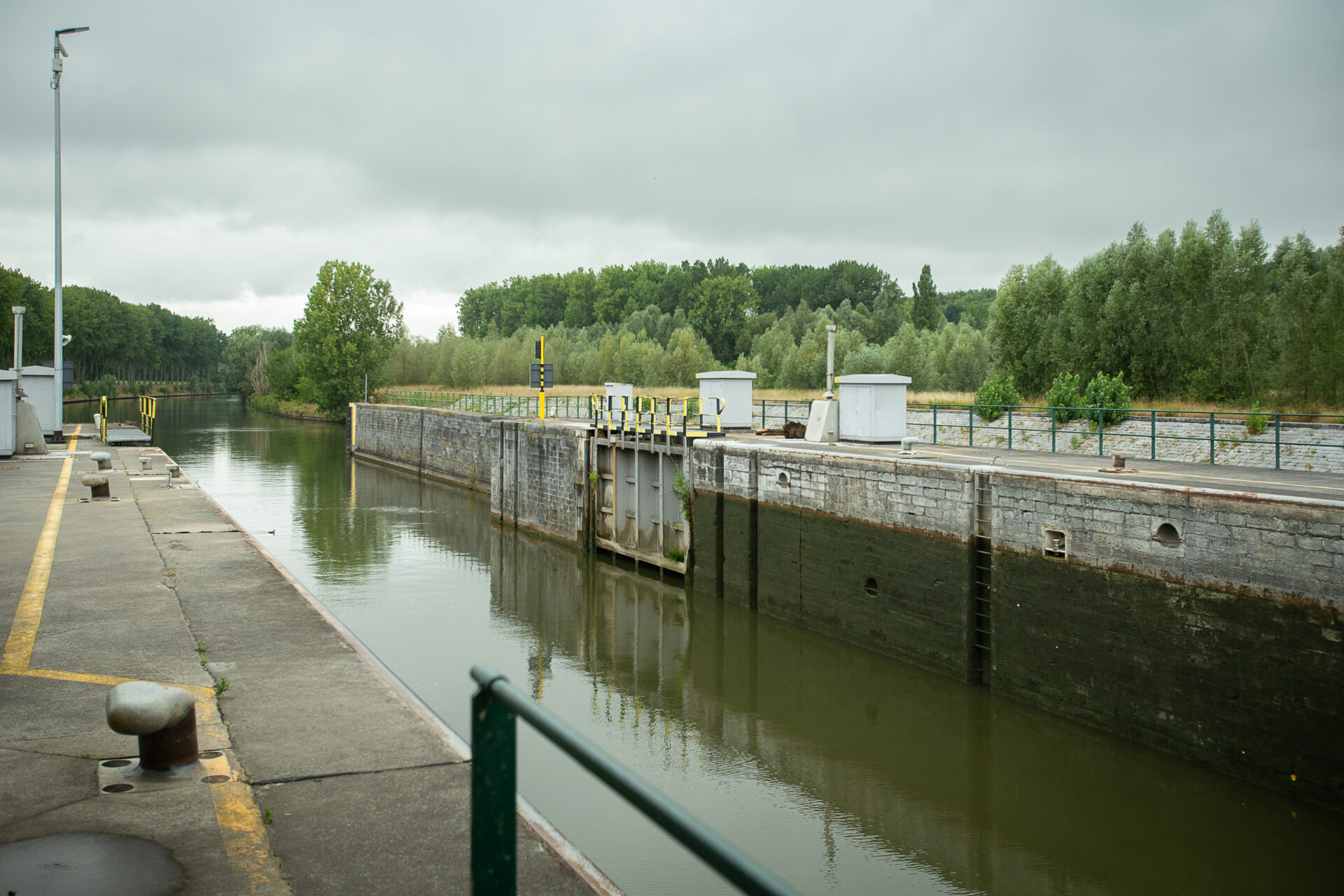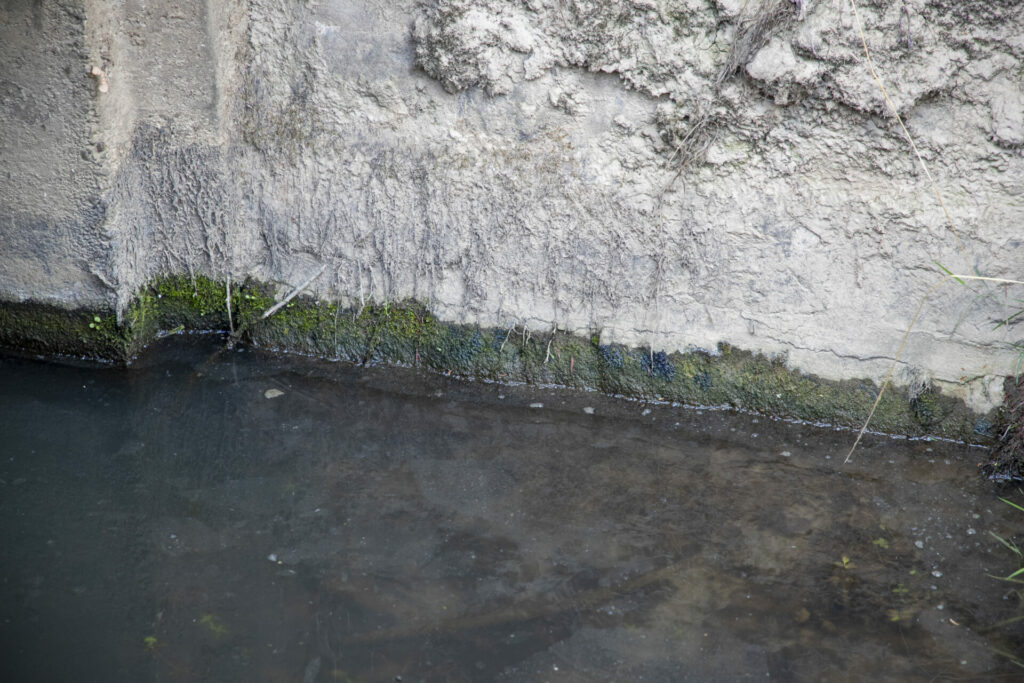Just one month ago, groundwater levels in the country were so low that Belgium was, for once, begging for rain. Now, it is slowly but surely recovering after a long, dry summer, largely thanks to increased water management investment.
After an unprecedentedly dry summer came a significantly wetter than normal September, resulting in shallow groundwater levels rising again, with almost half (54%) of the Flemish Environment Agency's (VMM) monitoring sites showing low to very low levels for the time of year, down from more than 90% of locations at the beginning of September.
In September, the Royal Meteorological Institute in Uccle recorded 104.8 mm of rainfall, 160% of the normal value of 65.3 mm for that month, making it one of the five wettest Septembers since 1991, and completely washing away recent worries about a critical drought that was endangering the most vulnerable plant species and proving disastrous for Belgian waterways and groundwater levels just several weeks ago.
"We came very close to taking extremely drastic measures such as imposing strict restrictions on water pumping from various waterways, which for some companies would mean a (partial) shutdown of their operations, with dire consequences for our economy," Flemish Environment Minister Zuhal Demir.
Efficacy of measures clear as water
The impact of this long-lasting lack of precipitation becomes clear when comparing this September to the same month last year, as just 21% of groundwater levels were low to very low for that time of year compared to the beginning of October 2021.
"But we are in better shape compared to two years ago," said Demir. In early October 2020, groundwater was low to very low for the time of year at 78% of monitoring points. This followed a summer that was historically very dry.

Extremely low flow levels at a lock on the Asper during the summer. Credit: Belga/ James Arthur Gekiere
Demir stressed that, with the Blue Deal — Flanders' programme to combat drought and water scarcity — the region was able to avoid the worse, and is "turning the tanker around." For the first time, a set of structural interventions to better arm it against climate change and its effects is being implemented. "This summer, those efforts have already borne fruit."
"Last summer was mainly proof to me that we shouldn't sit back, but should just continue to invest in our water management," she added.
Can't cheer too soon
At the peak of the drought, the Databank Underground Flanders (DOV) warned that, based on climate change predictions, periods of drought will be longer, more frequent and more intense.
This point was mirrored by Marijke Huysmans, Professor of Hydrogeology at the VUB, who earlier this year told The Brussels Times that "low or very low groundwater levels have repeatedly been recorded almost everywhere in recent years," meaning these predictions are already becoming reality.
Related News
- Wallonia to feel effects of summer drought until the end of 2022
- IRM calls summer drought in Wallonia 'exceptional'
"Moreover, we notice that after periods of drought, groundwater levels were slow to recover." While increased rainfall in the autumn and winter months can function as a plaster on the wound, it is not the silver bullet in the water scarcity crisis.
A strategic plan to fight drought and water scarcity like Flanders' Blue Deal is, not only for putting water scarcity on the agenda, but also with long-term investments that prepare the region for the worst situations.
Demir released another €250 million to further invest in wetlands, and space for water and flood plains, which help arm the region against drought and flooding. Importantly, experts have said concrete measures need to be implemented more quickly and more broadly than has been done so far.

